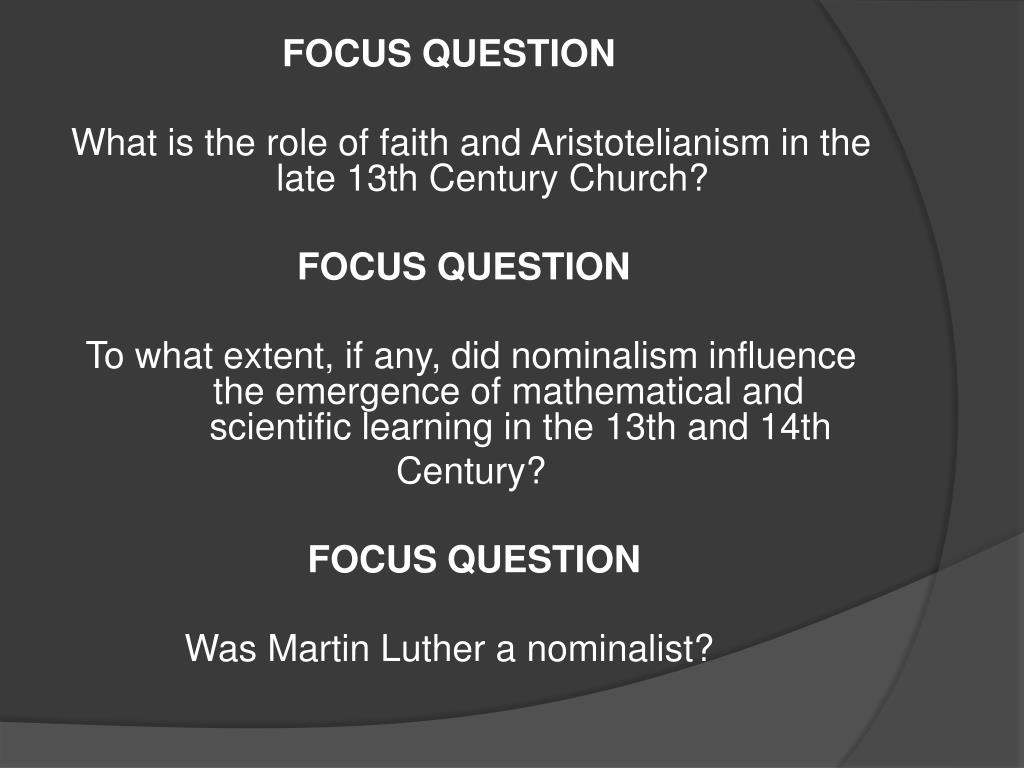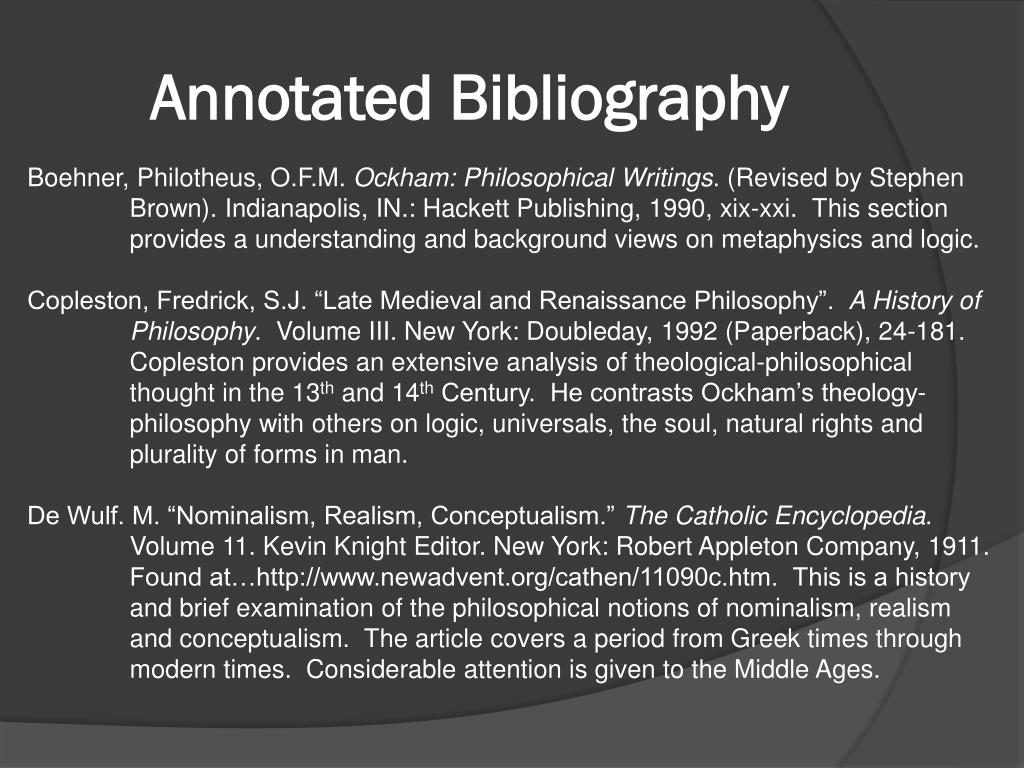

The existence of any other qualities would be rejected. In physical science this is a theory in which everything is the same stuff – matter or energy or whatever. The ultimate scientific theory for scientific nominalism is a theory with only one quality. For example, if there is a choice between theory A with two qualities and theory B with one quality (with or without a larger number of entities), then scientific nominalism will lead science to select theory B and reject the qualitative distinction in theory A. Scientific nominalism requires that science minimize or eliminate qualitative distinctions. The default reading of Occam’s Razor in the bulk of the philosophical literature is as a principle of qualitative parsimony. This distinction is between qualitative parsimony (roughly, the number of types (or kinds) of thing postulated) and quantitative parsimony (roughly, the number of individual things postulated). What this means for science is not a vague simplicity but qualitative parsimony: The question, of course, is which entities are needed and which are not. Moreover, as usually stated, it is a sentiment that virtually all philosophers, medieval or otherwise, would accept no one wants a needlessly bloated ontology. This is summed up in the famous slogan known as “Ockham’s Razor,” often expressed as “Don’t multiply entities beyond necessity.” Although the sentiment is certainly Ockham’s, that particular formulation is nowhere to be found in his texts. Ockham’s “nominalism,” in both the first and the second of the above senses, is often viewed as derived from a common source: an underlying concern for ontological parsimony. The scientific principle called “Ockham’s razor” (or “Occam’s razor”) focuses on the second sense. William of Ockham, the name most associated with nominalism, agreed with the first and second senses, and in a lesser way, the third sense.


An emphasis on reducing one’s ontology to a bare minimum, on paring down the supply of fundamental ontological categories.


 0 kommentar(er)
0 kommentar(er)
